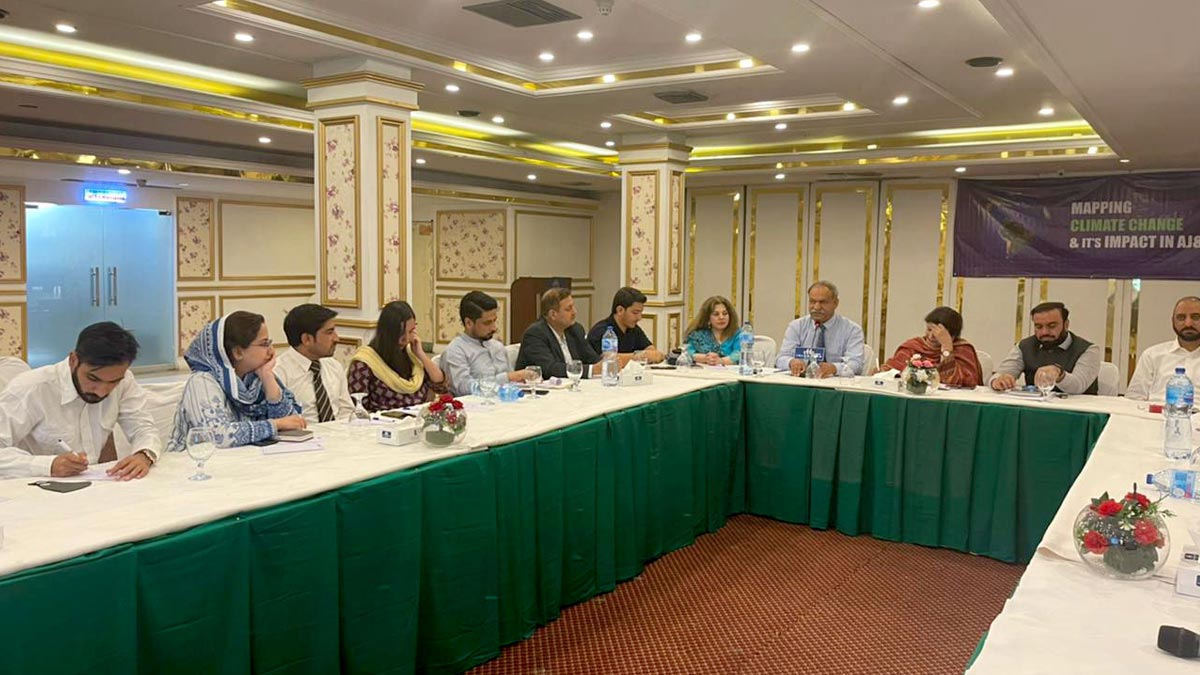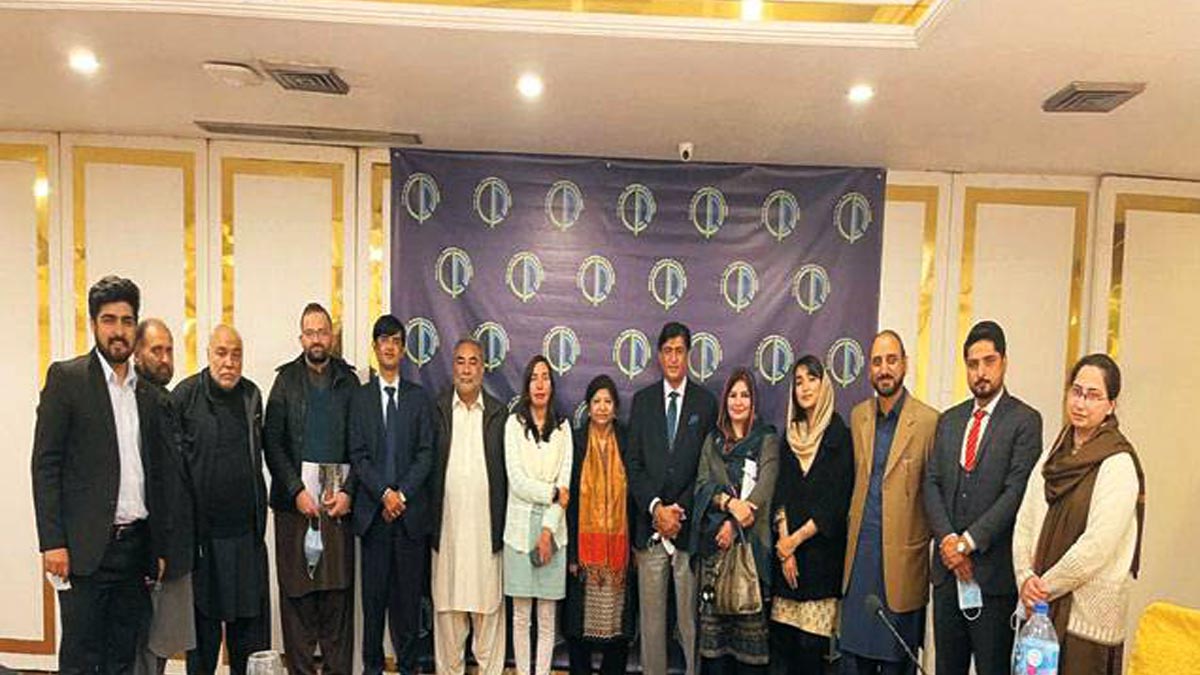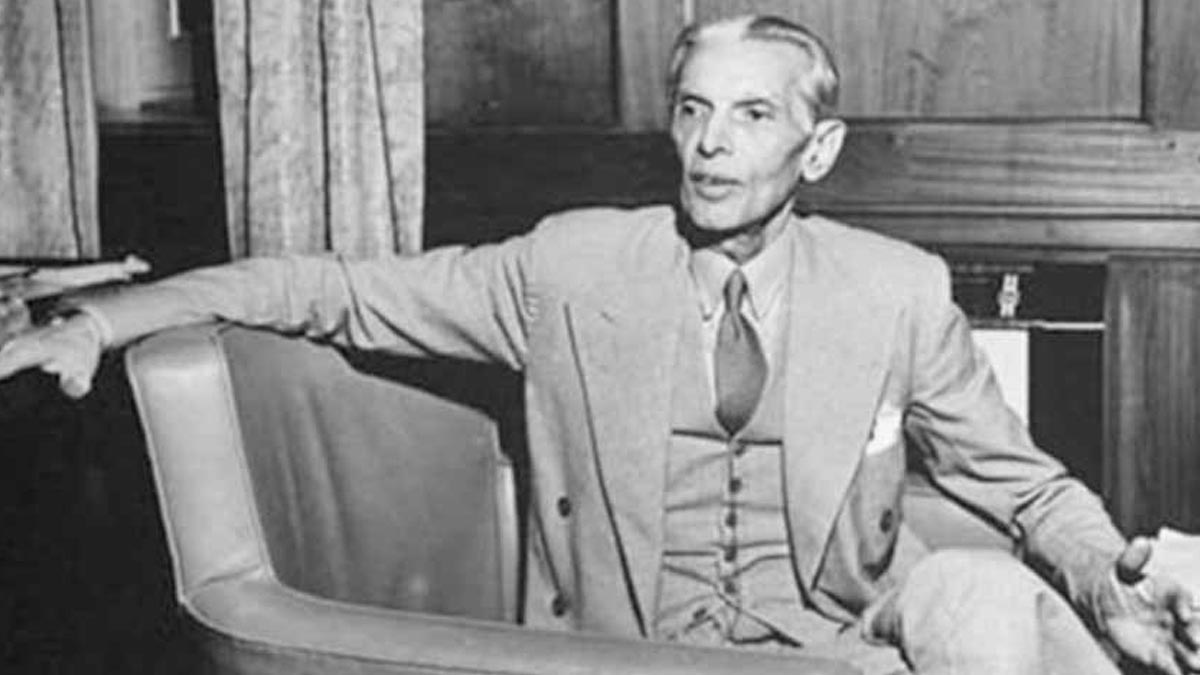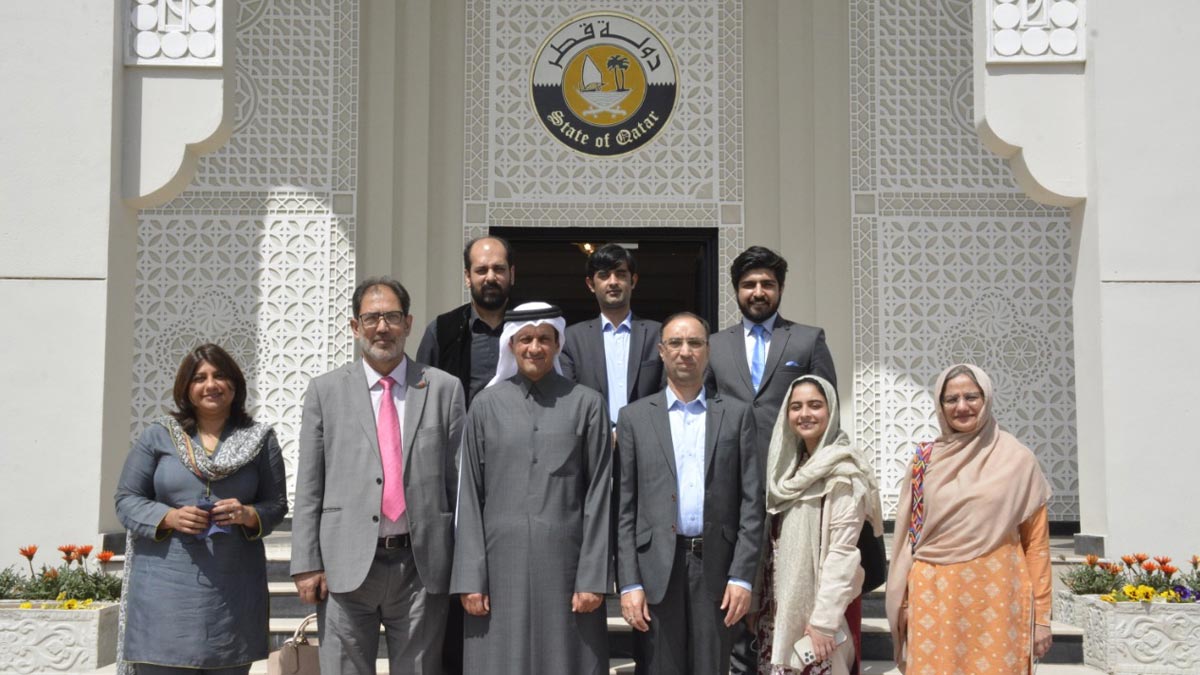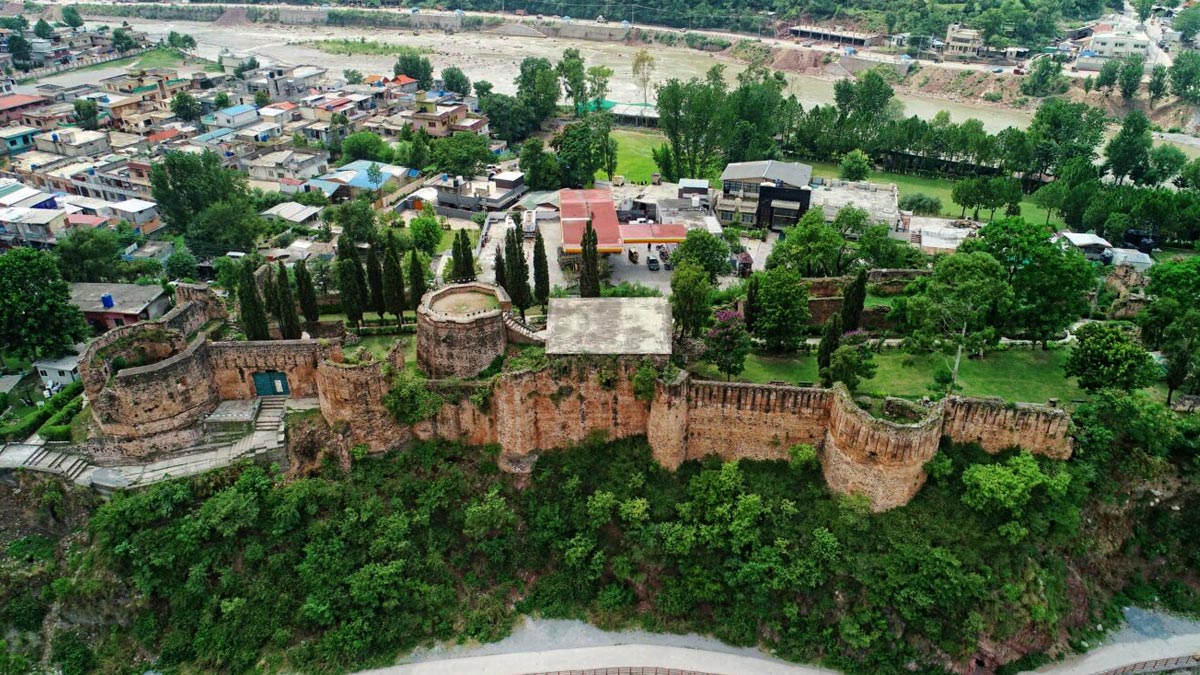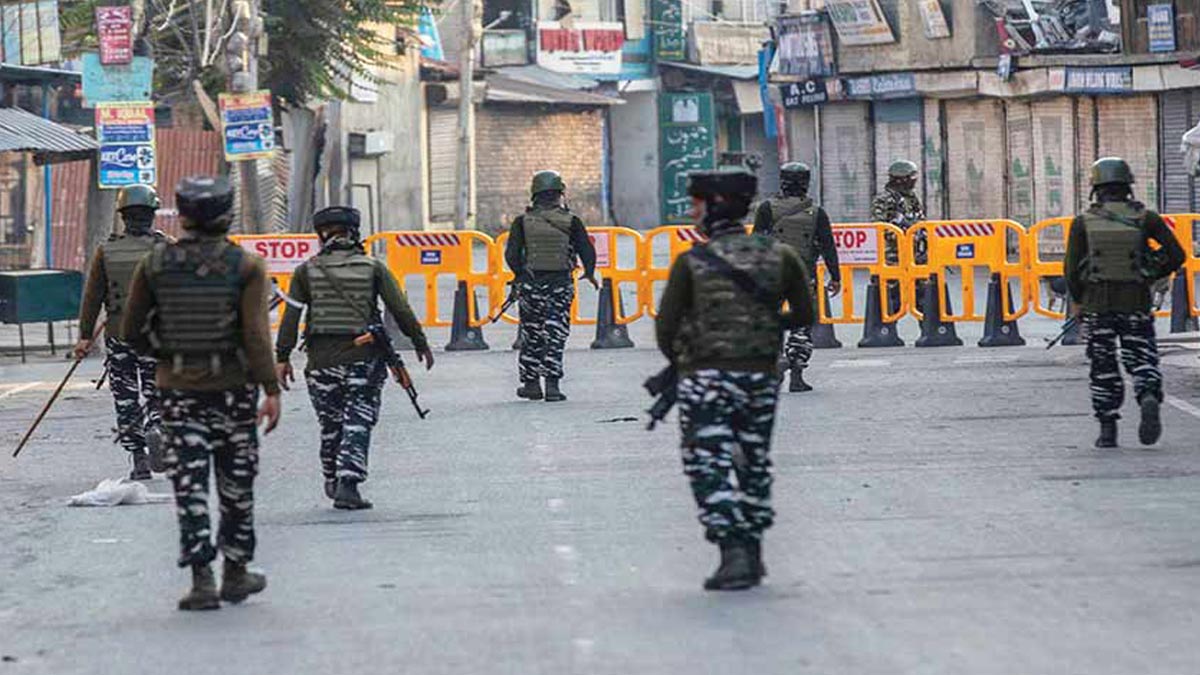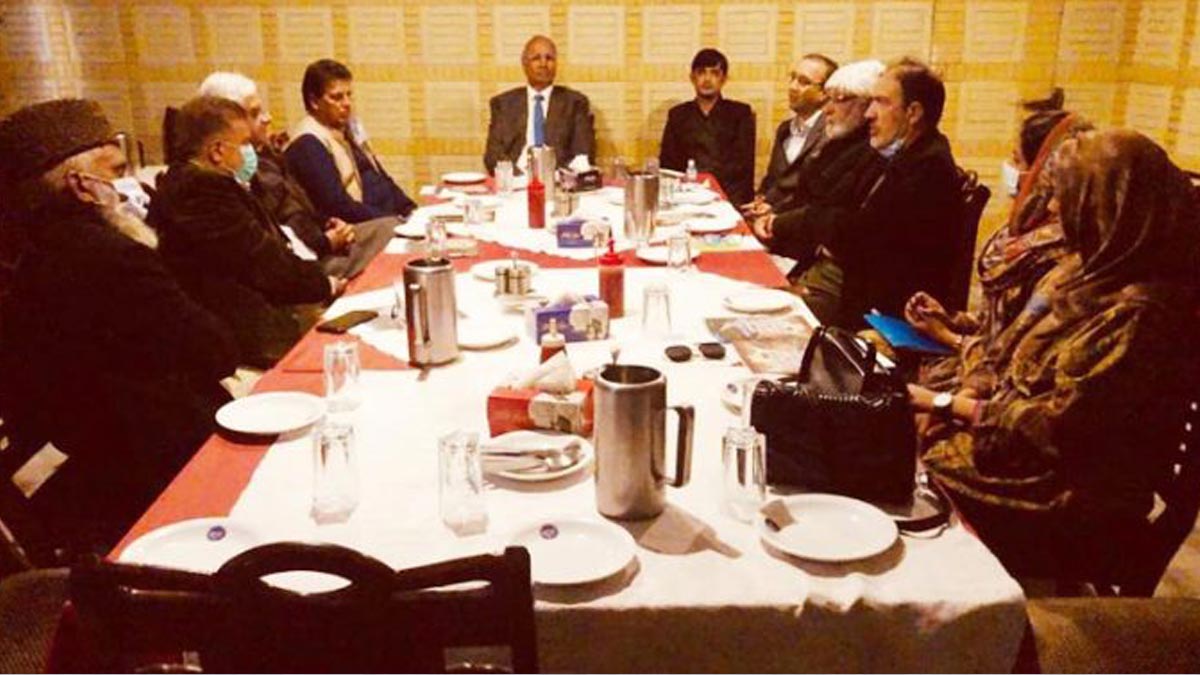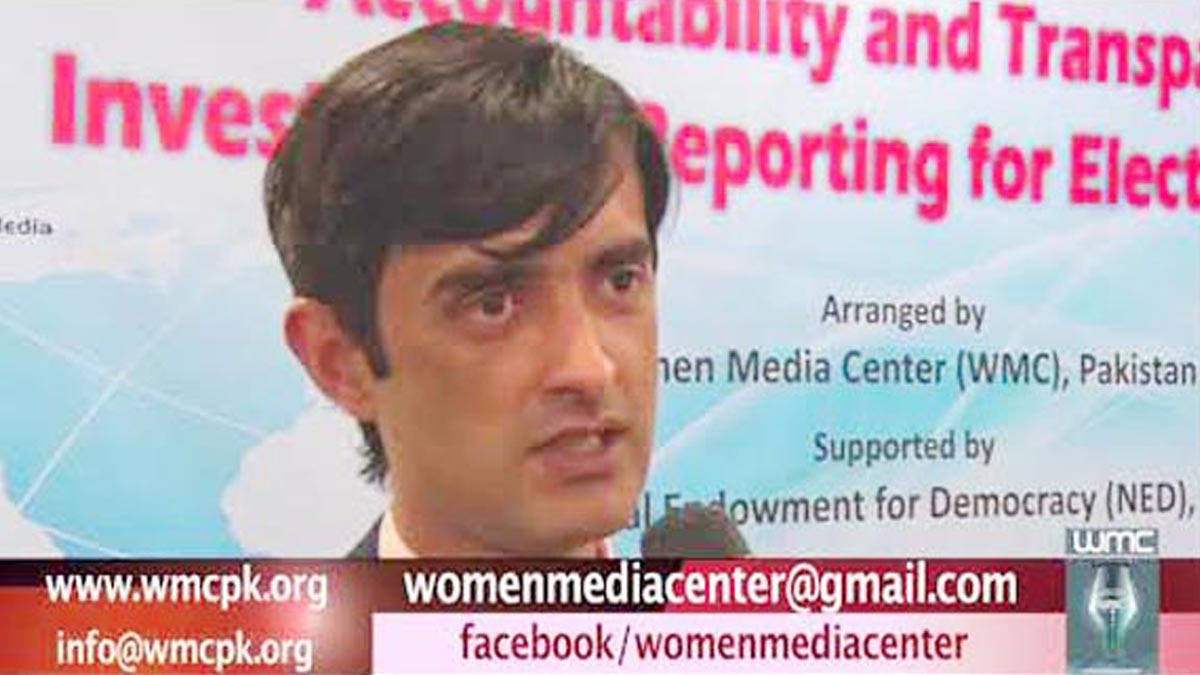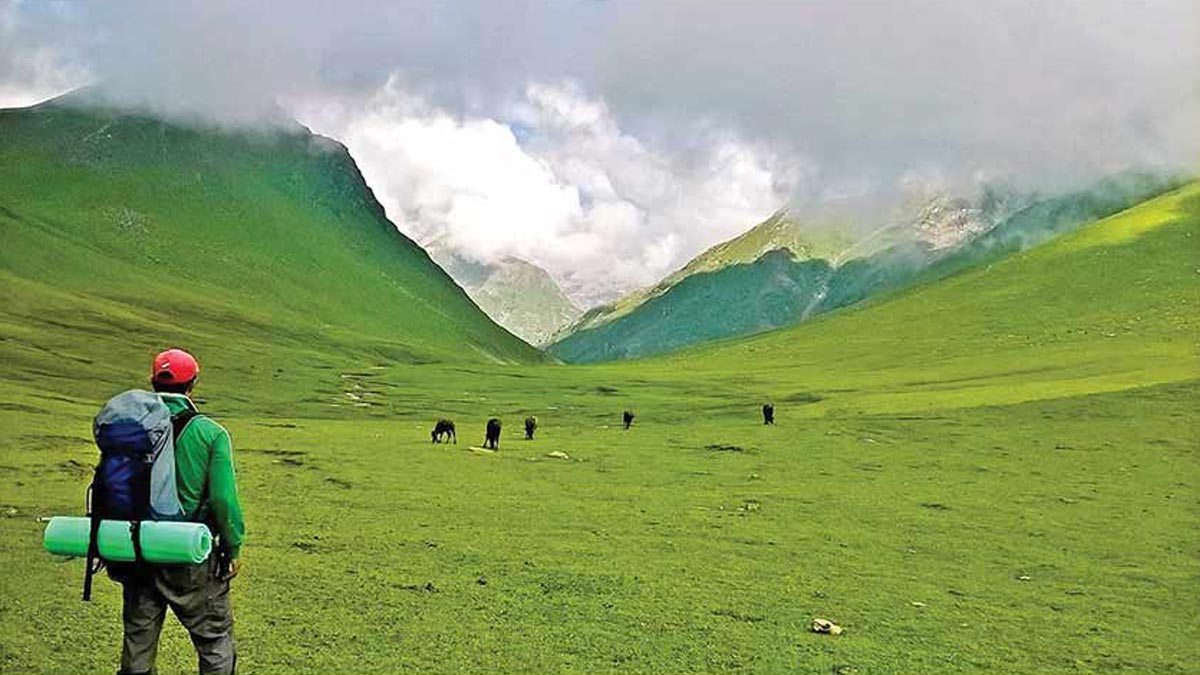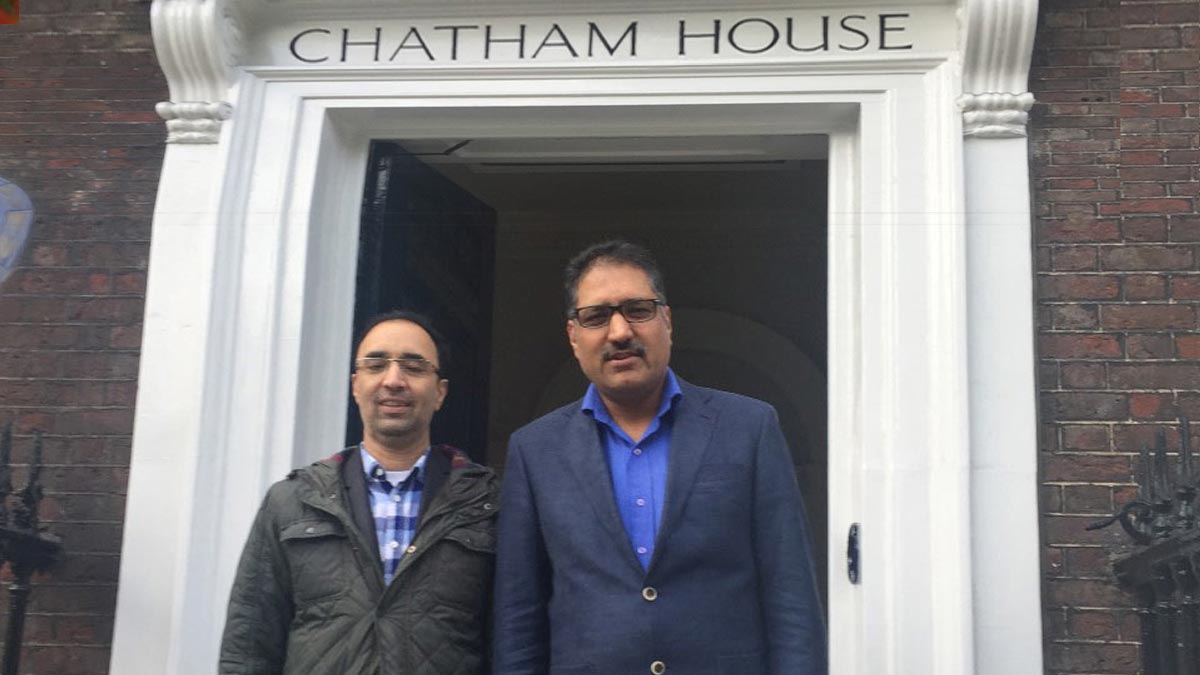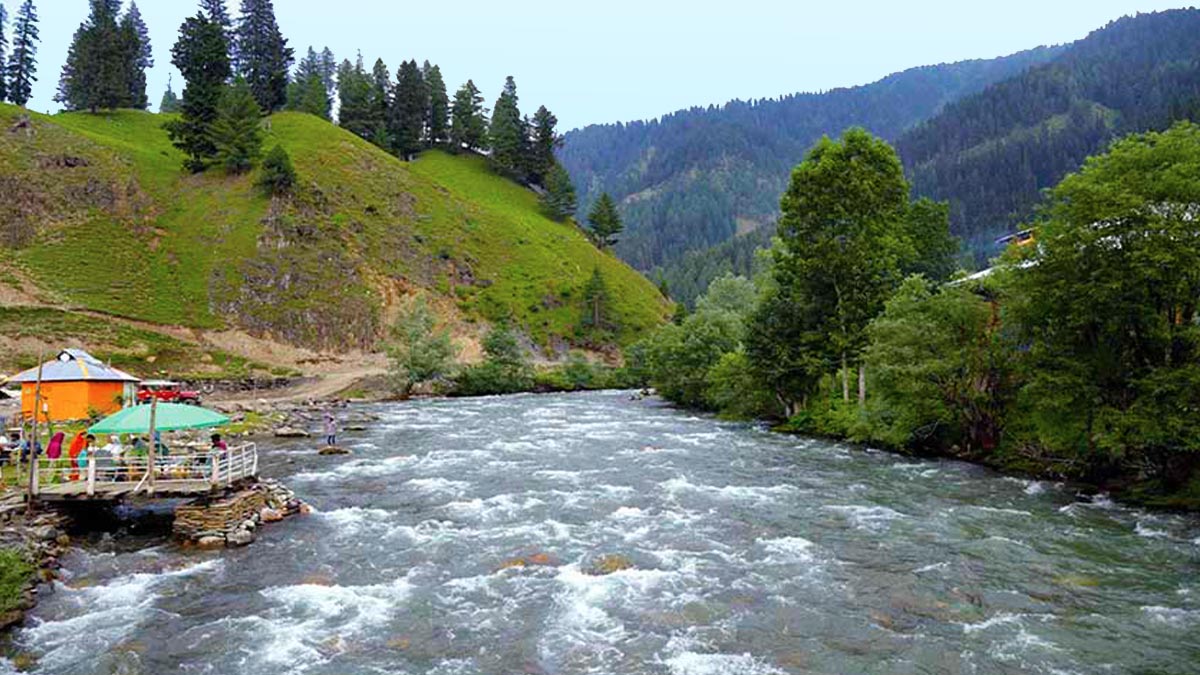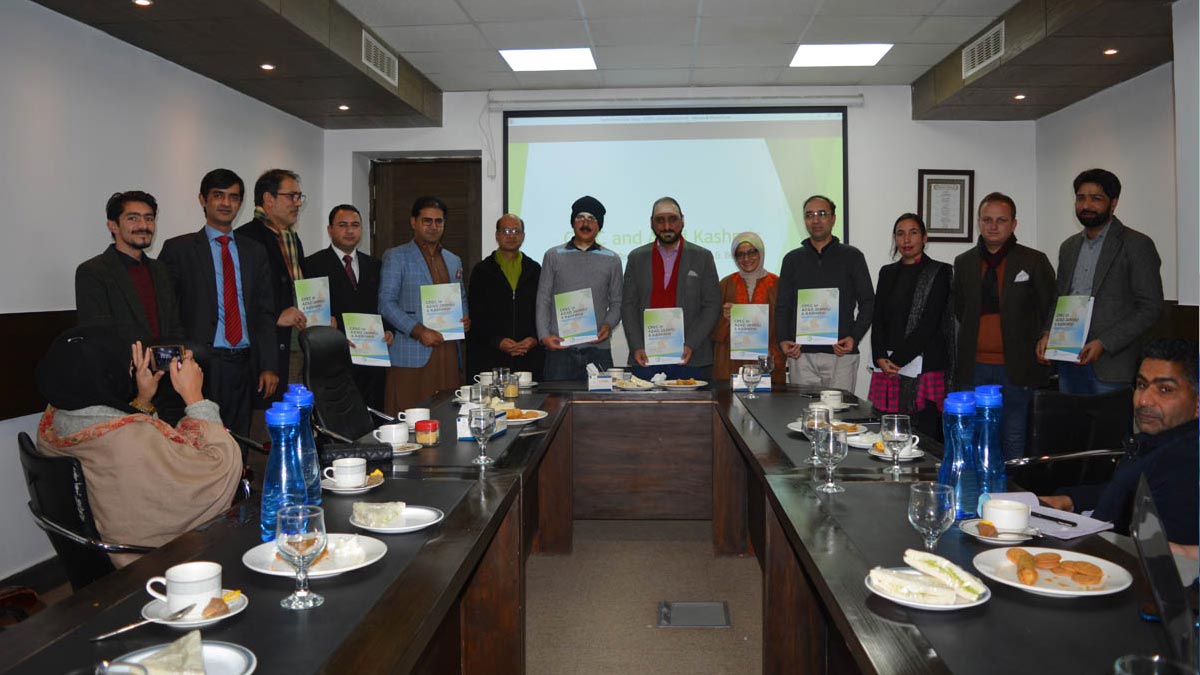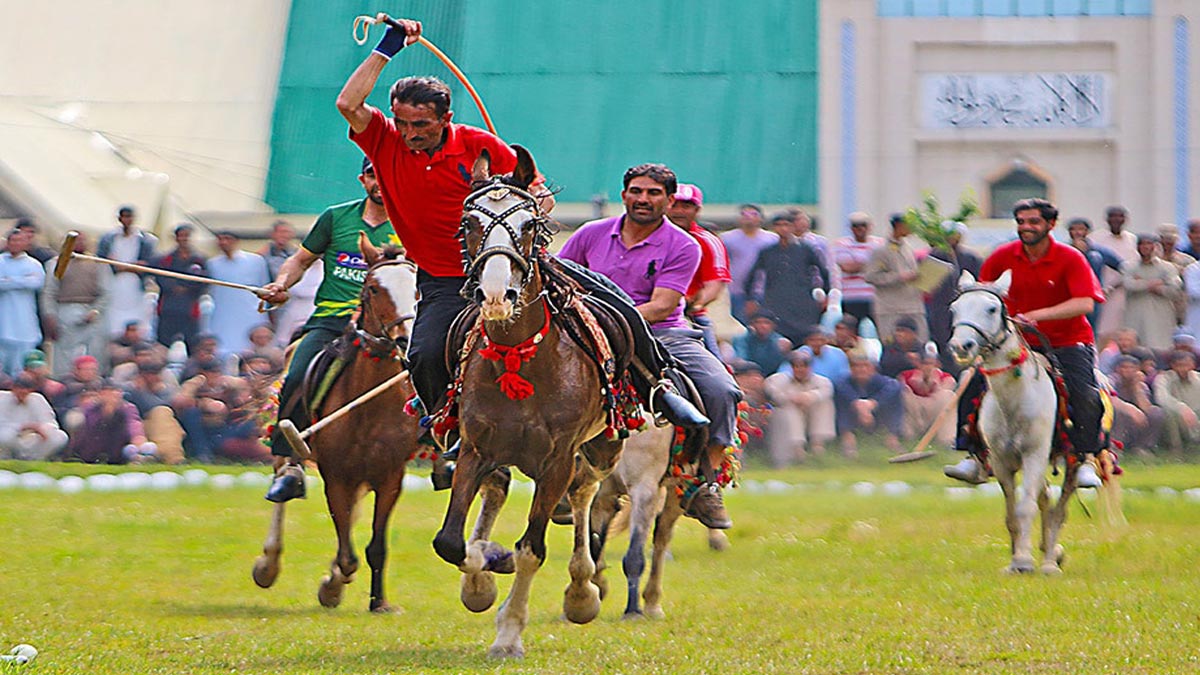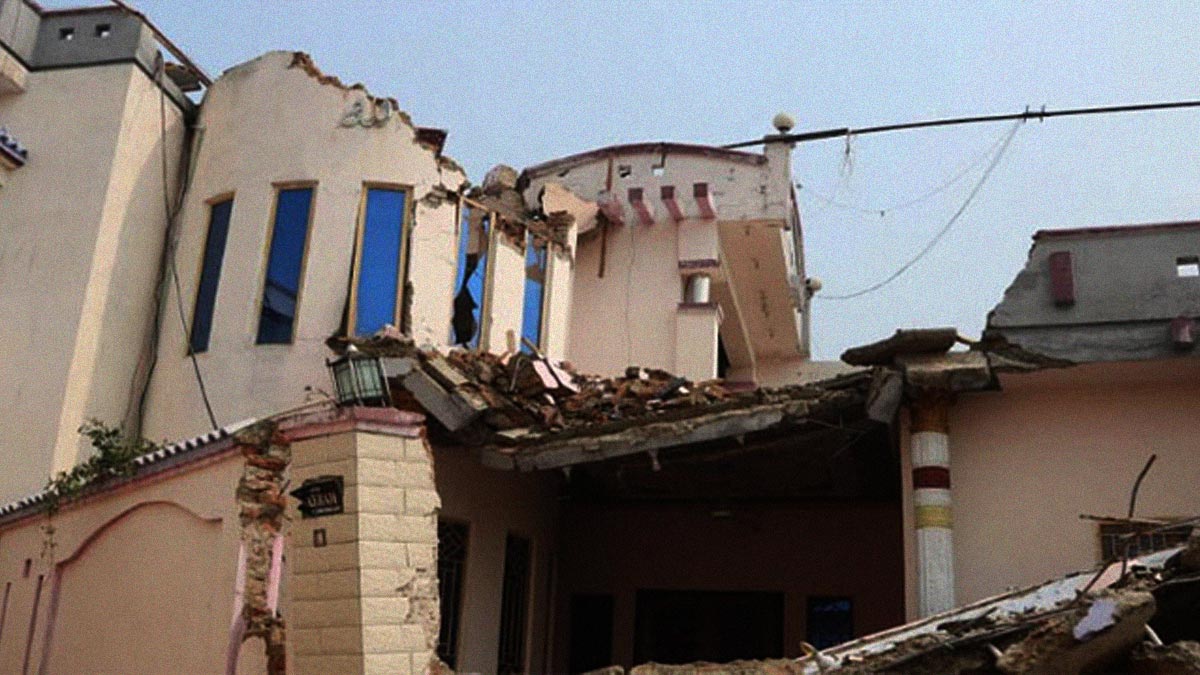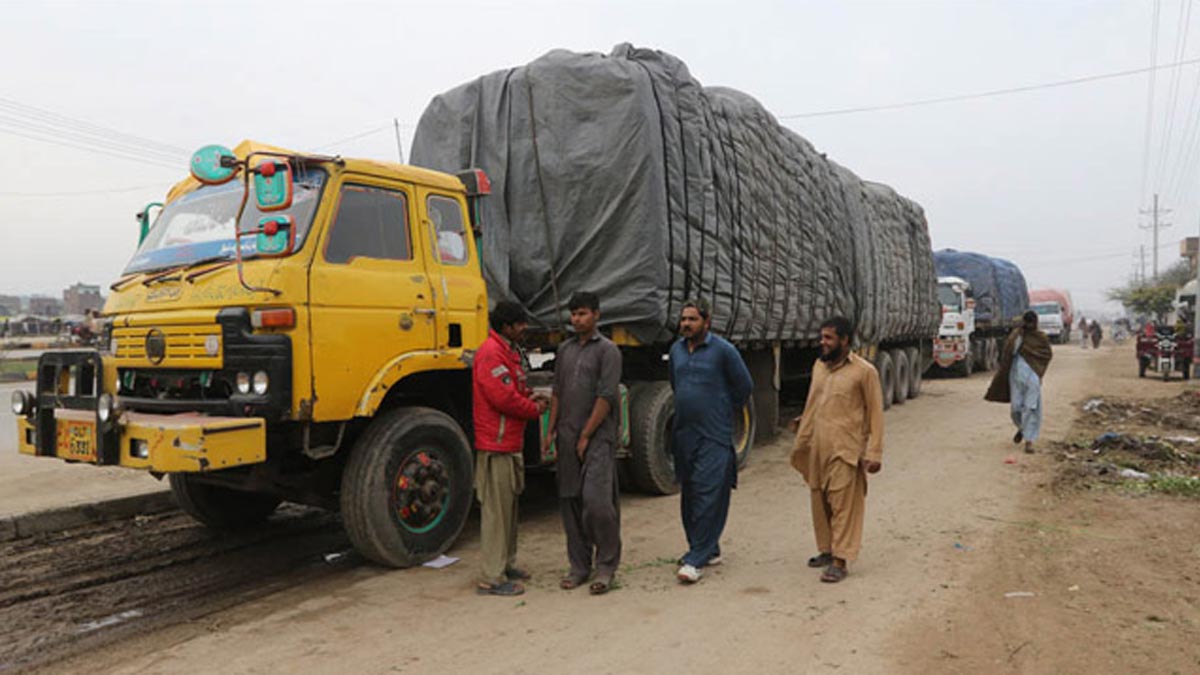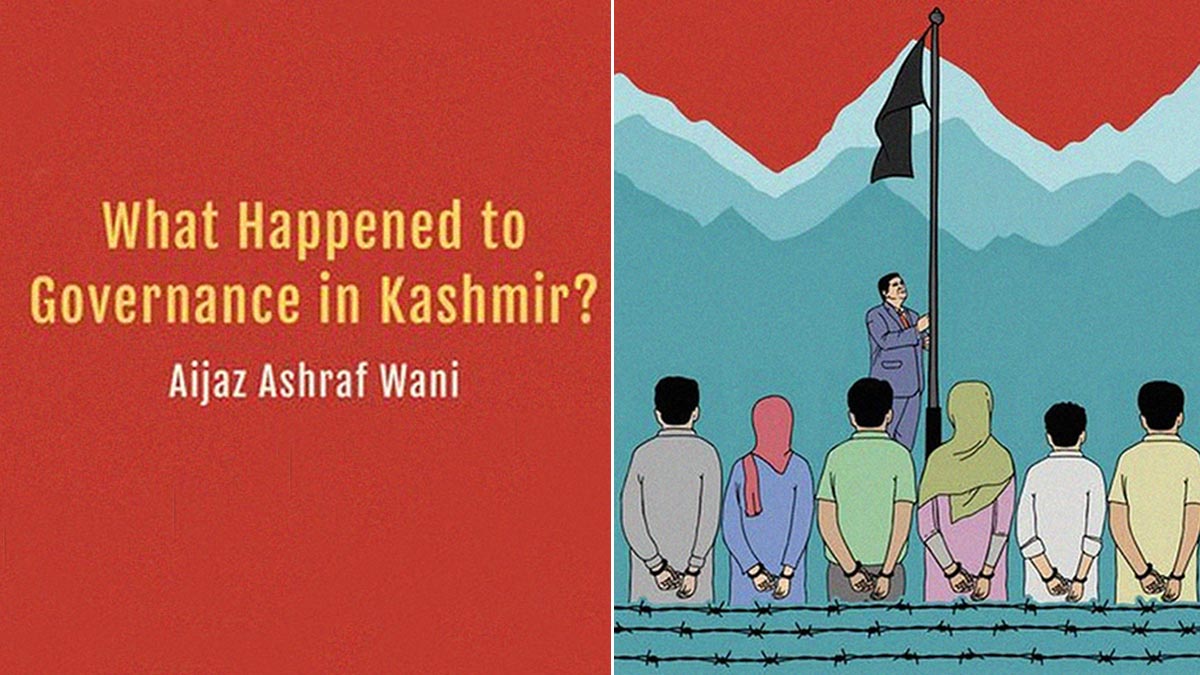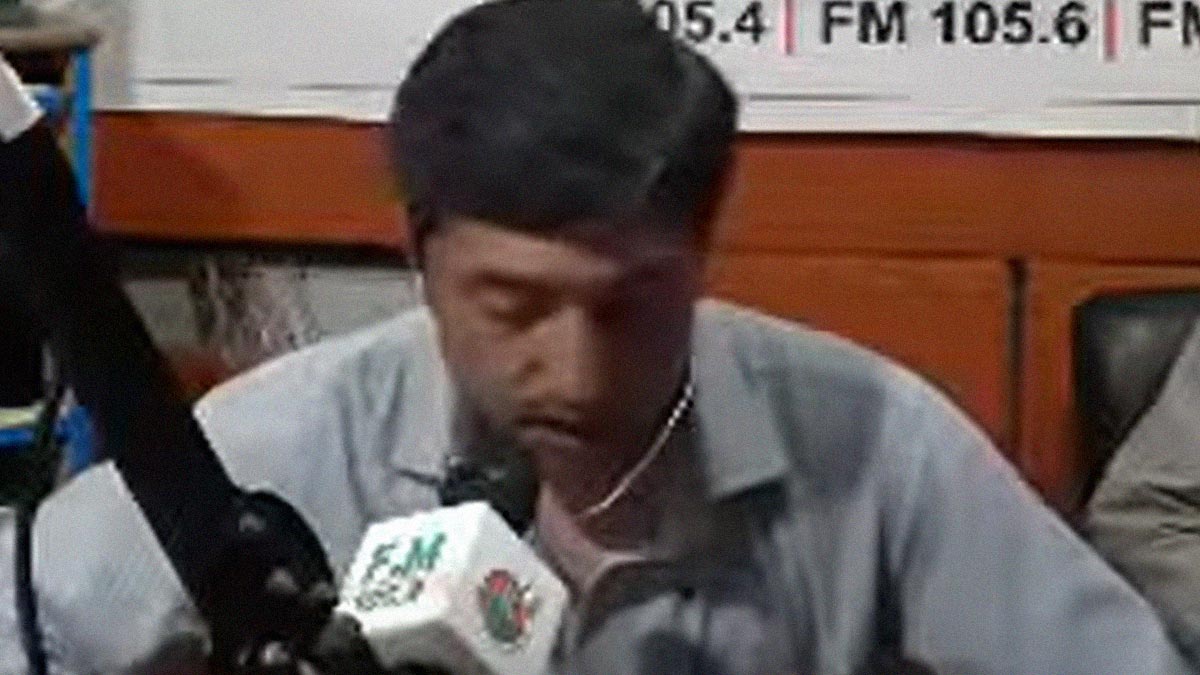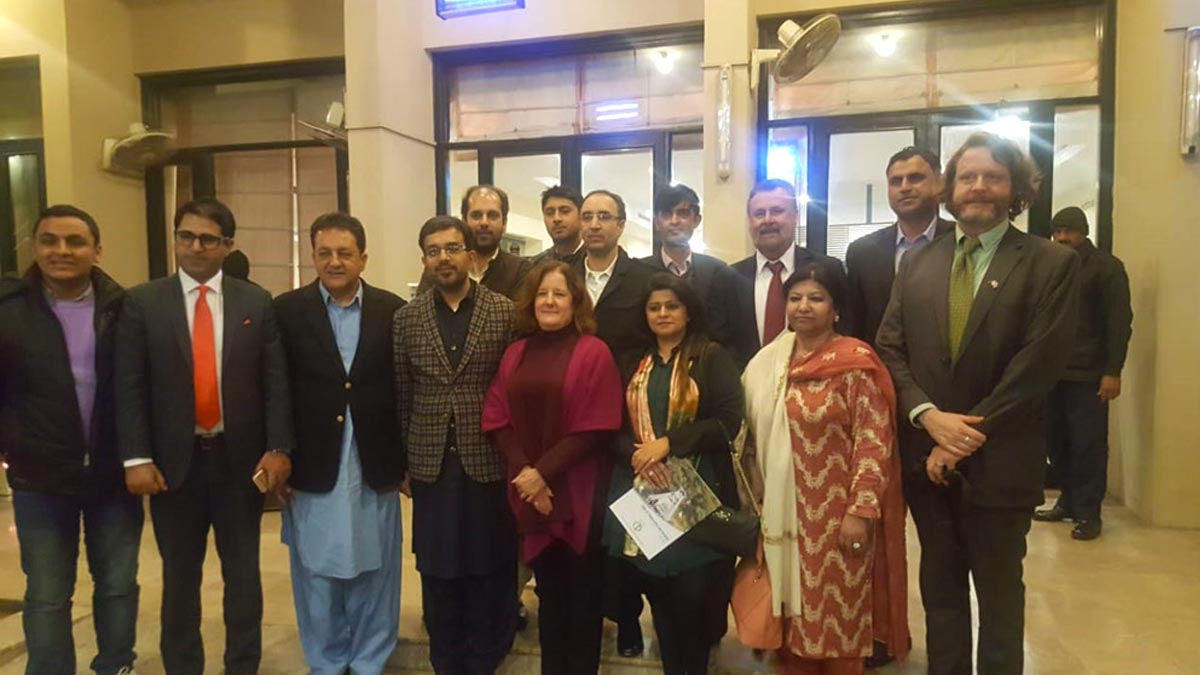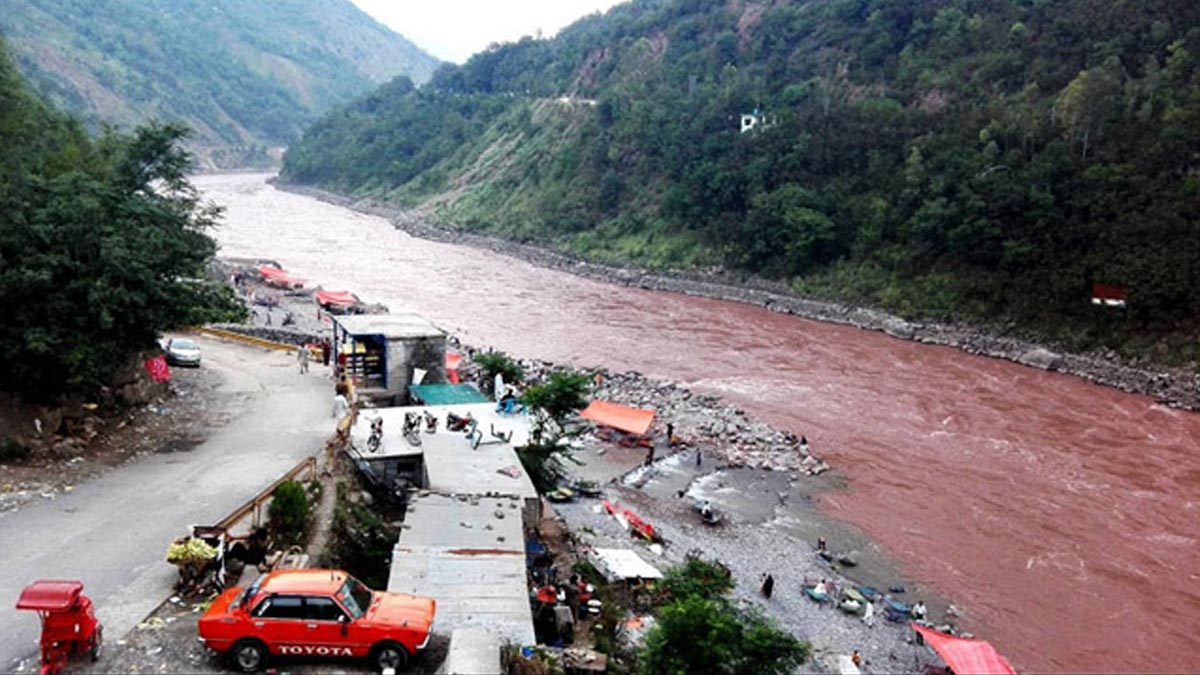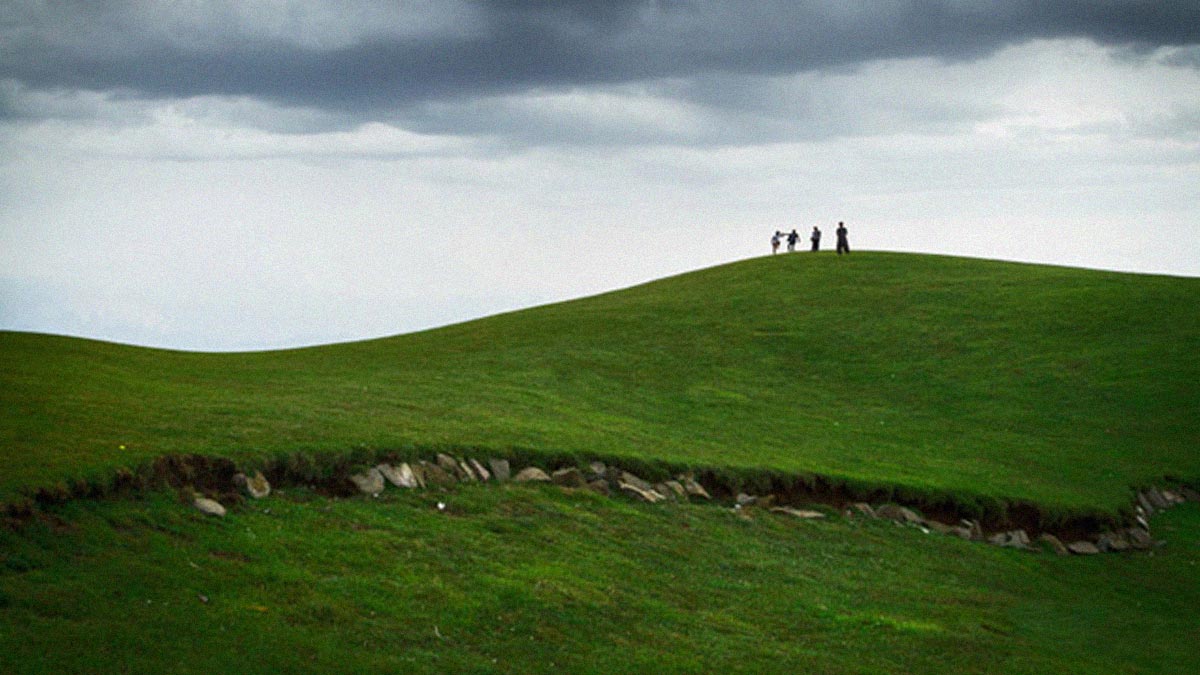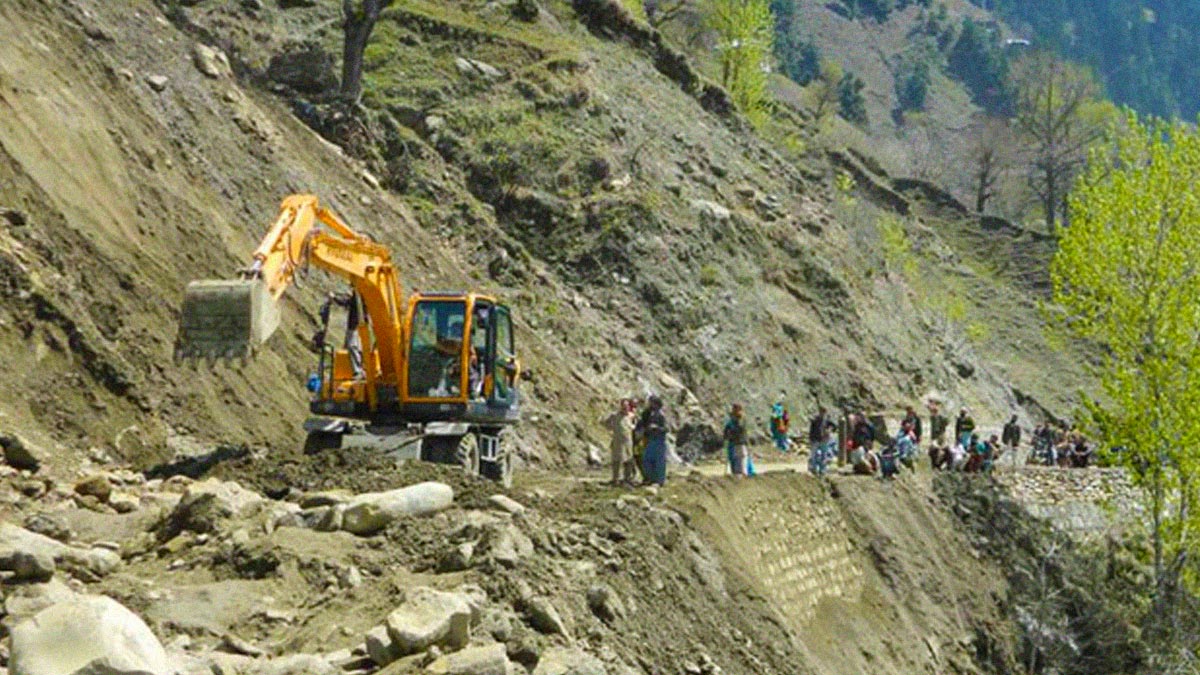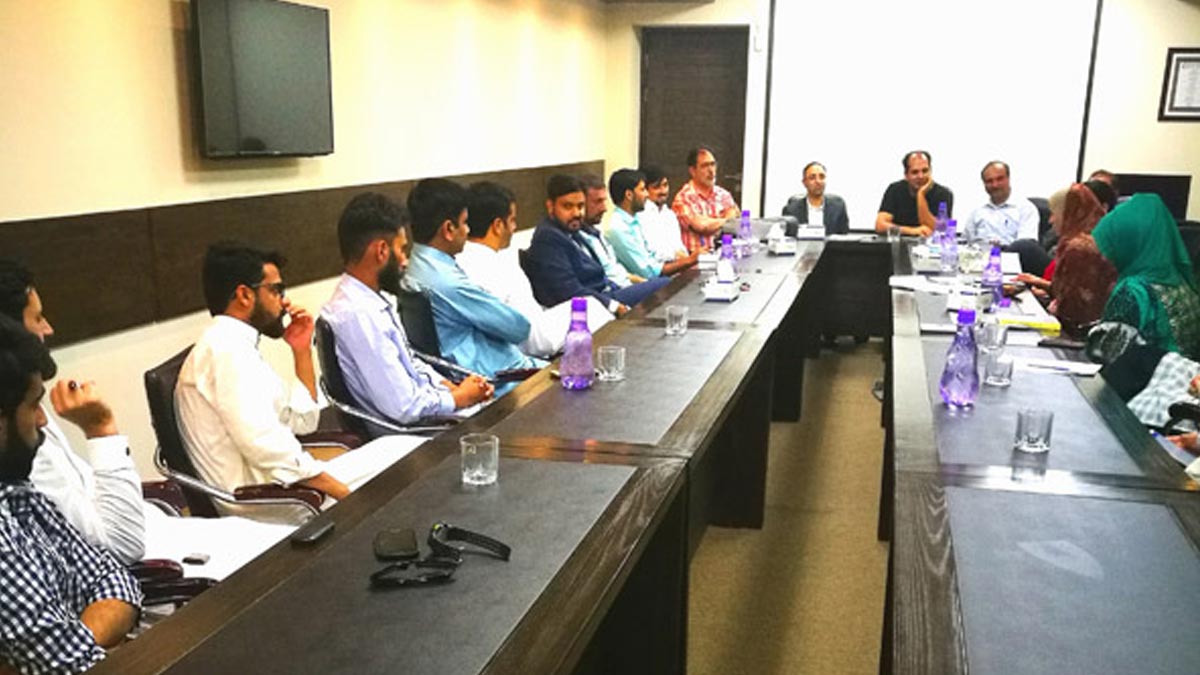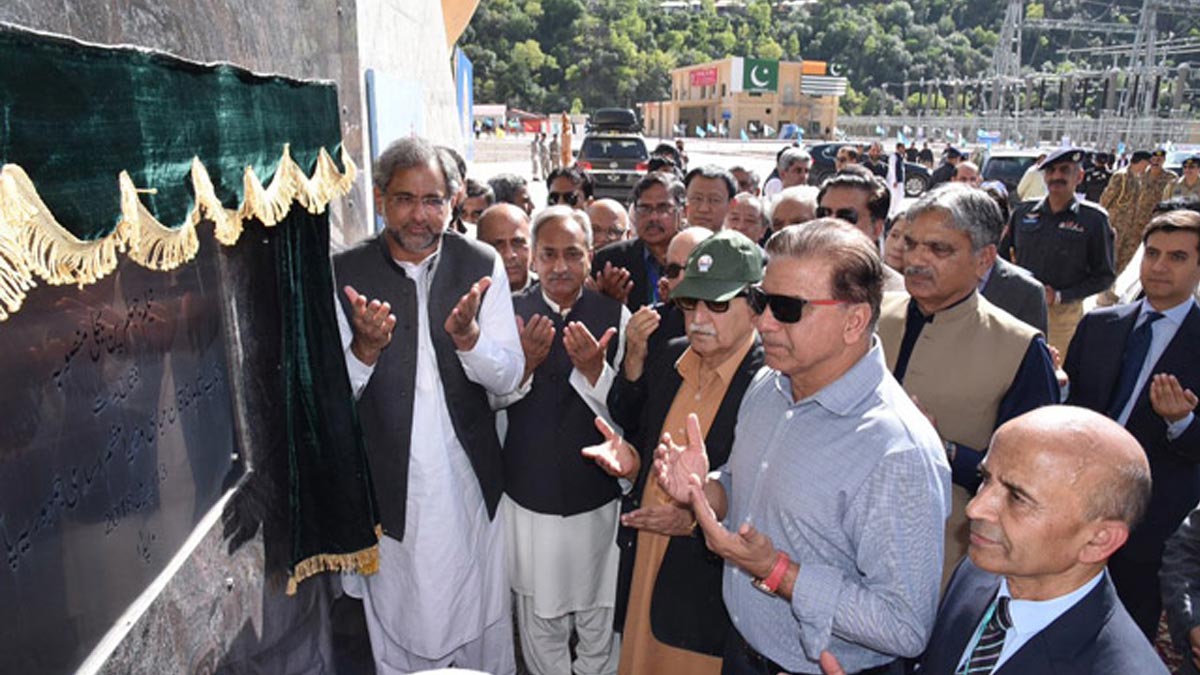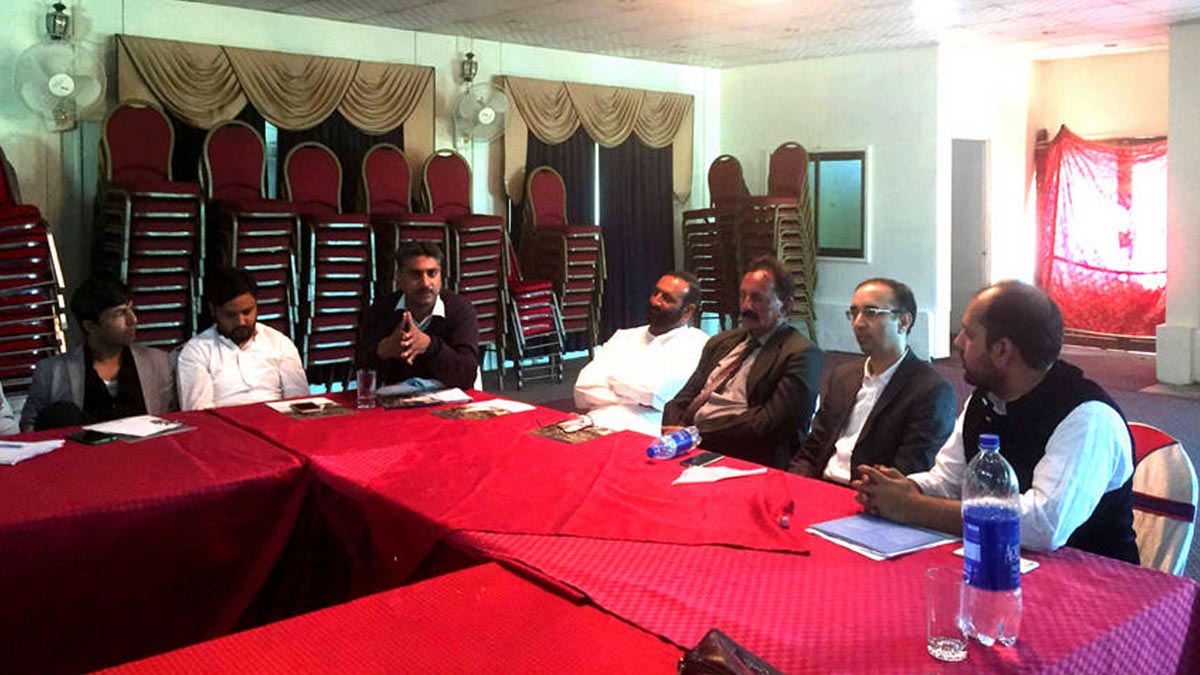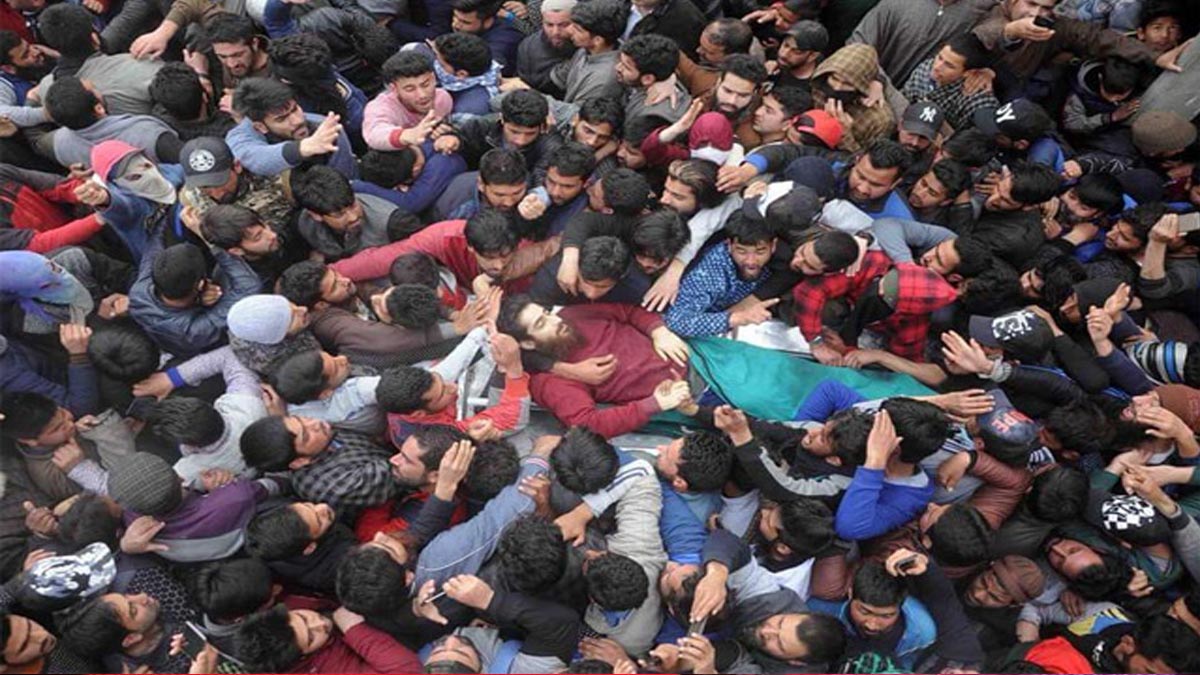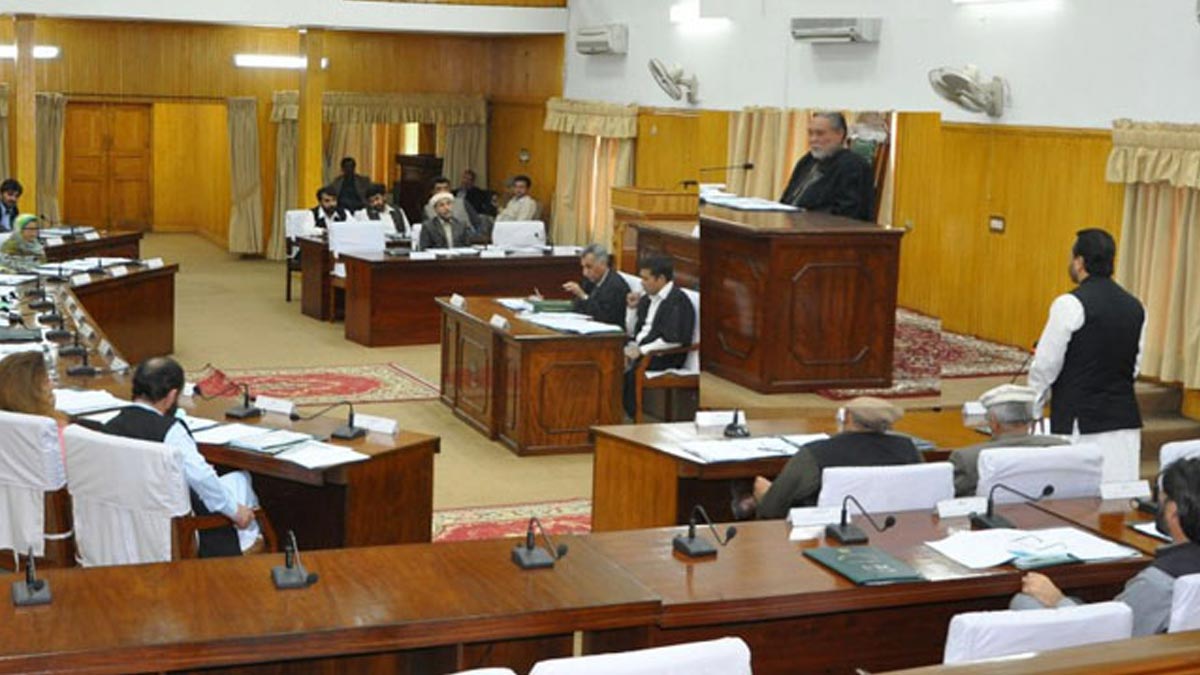- June 2, 2022
- @admin
- 0
- 2nd June 2022
- Ershad Mahmud
The life imprisonment sentence given to Yasin Malik by an Indian court has brought the Kashmir conflict back into the international spotlight. The sentence has renewed the Kashmiris’ political aspirations for a life without fear of losing loved ones or shadows of alien forces.
Despite curfew and the fear of reprisal, a large number of people gathered around Yasin Malik’s residence in Srinagar to show solidarity with his family and friends. Several other places also witnessed demonstrations condemning the sentence and offering tribute to Yasin Malik’s lifelong struggle for the right to self-determination.
Yasin Malik, 56, rose to prominence in 1989 when he began an armed struggle along with his young colleagues. He was apprehended and sent to jail while his other comrades were killed in the clashes with the security forces. While in jail, Kuldeep Nayar, Rajmohan Gandhi, and ex-Chief Justice Rajinder Sachar had persuaded him to adopt a non-violent path to run a political movement. These luminaries also assured him that peaceful struggle would bring immense support and empathy across India and the world over. Therefore, he underwent a transition in his political approach and launched a non-violent movement. In this connection, he ran a massive public mobilization campaign known as Safar-e-Azadi (Journey to Freedom) aimed to involve the people of Jammu and Kashmir in a dialogue process between India and Pakistan back in 2007.
He met the Indian prime minister and the president of Pakistan in 2007. He was given a passport to travel to the US and other countries to engage with the Kashmiri diaspora and the international community. Gradually, he emerged as a champion of dialogue, a campaigner for a peaceful resolution of the Kashmir dispute, and an advocate of politics of reconciliation.
Malik had been part of several Track II dialogues held in Srinagar, New Delhi, and Islamabad wherein he emphasized the significance of the presence of Kashmiris on the dialogue table. He warned on several occasions that if a sincere process of engagement were not initiated, Kashmiri youth would resort to violence. His prophetic words turned out to be right when the Kashmir Valley went through a six-month-long strike after the killing of Burhan Wani in 2016. Yasin Malik, along with Syed Ali Gilani and Mirwaiz Umar Farooq, refused to meet India’s all-party parliamentary delegation in Srinagar and termed it a futile exercise. That did not go down well in New Delhi. It virtually sealed Yasin’s fate and Delhi decided to give him an exemplary punishment.
The ruling BJP, led by Indian Prime Minister Narendra Modi, made drastic policy changes towards Kashmir and Pakistan after visiting Lahore in December 2015. Henceforth, a militaristic approach was employed to deal with the Kashmir conflict and people associated with the freedom movement. Gradually, major political and constitutional changes were brought into Indian Occupied Kashmir, aimed to alter the dynamics of the former State of Jammu and Kashmir. The Mehbooba Mufti-led state government was arbitrarily dissolved. Subsequently, Articles 370 and 35A were abolished.
In this context, Yasin Malik turned out to be the first casualty. A long line of pro-Azadi leaders are currently in jails on similar charges and might be persecuted in the days to come if no tangible pressure is exercised inside Occupied Kashmir and powerful capitals around the globe.
A multi-faceted strategy is required to save Yasin Malik’s life. The government of Pakistan has to play a leading role in this regard. Yasin Malik’s family members, especially those in Srinagar, have to play an important role to employ all means to obtain a legal remedy available in the judicial system. Yasin Malik’s wife Mushaal Mullick and her daughter are in Islamabad. Only legal experts can suggest how they can be enabled to visit Malik in jail as soon as possible. If Indian spy Kulbhushan Jadhav’s family can visit him in Pakistan, why cannot Yasin’s wife and daughter get a similar treatment?
Moreover, the efforts to ensure Yasin Malik’s release should be intensified at the international level. The Indian government, especially Prime Minister Narendra Modi, is deeply concerned about his image in the West. Yasin Malik’s case should come into discussion in the US Congress, Senate, media, and think tanks as he was deprived of a fair trial. It is equally important to raise a voice in the UK and EU countries too. The world should know that Yasin Malik took the path of peaceful struggle decades ago, which did not get through due to the BJP’s belligerent approaches. A life sentence for him would trigger a chain reaction in Kashmir and young people may further get alienated and dejected.
Yasin Malik can be introduced as a symbol of the struggle for freedom and civil liberties. In the Western world, he should be introduced as a brave person who loves his nation, separated from his wife, and daughter, and is serving a life sentence for his political struggle and opinion.
Even within India, there is no shortage of sympathizers of Yasin Malik. They need to be mobilized. Several Indian intellectuals and human rights defenders have known Yasin Malik for a long time. He established close ties with Indian human rights activists, left-wing intellectuals, and journalists across India. Most of them realize that Modi’s tough policies cannot win the hearts and minds of Kashmiris. Yasin Malik’s family and friends must also try to mobilize those who stand for justice and human rights in the region.
Despite multiple offers of huge benefits; Malik did not compromise on his principles, ideology and political aspirations. He knew the consequences of his stand more than anybody else. He willingly paid the price of his political aspirations.
This sacrifice of freedom has marked a new chapter in the Kashmir resistance movement. Whether Yasin Malik is in jail or out of jail, he will surely sway many generations to come.
I can’t see him dying in the prison. Let us all pray for his safety and perseverance.
Media Links:
The News | Click Here
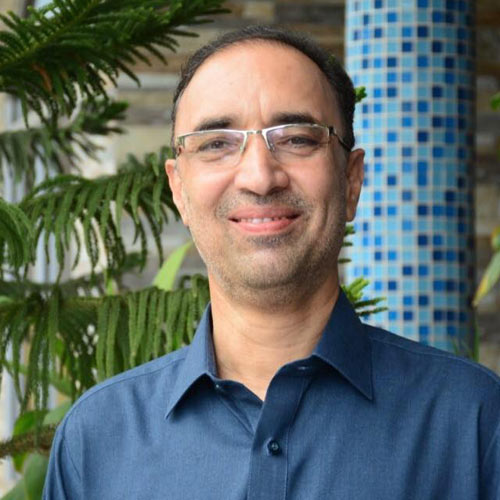
Ershad Mahmud
The writer is a freelance contributor. He can be reached at:









